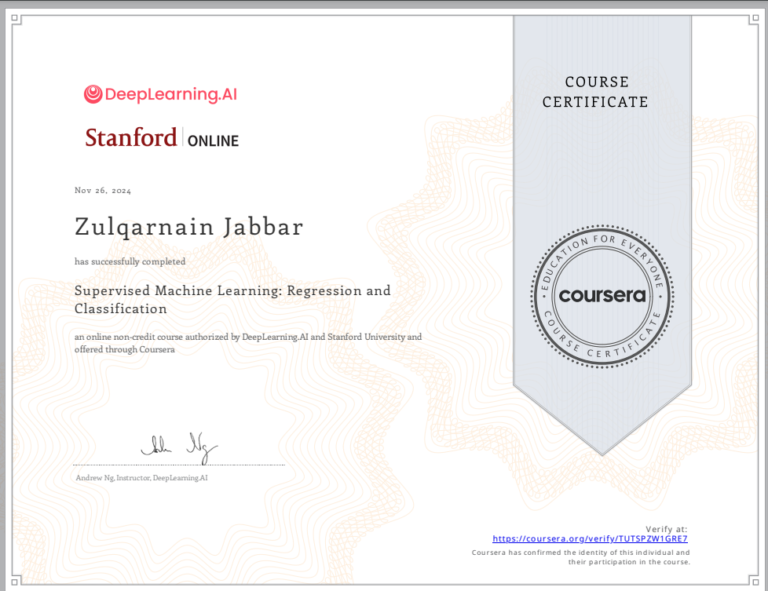Exploration vs. Exploitation in Reinforcement Learning (RL)
Reinforcement Learning (RL) agents must balance two opposing strategies when making decisions:
- Exploration – Trying new actions to discover better long-term rewards.
- Exploitation – Choosing the best-known action to maximize immediate rewards.
Analogy: Choosing a Restaurant 🍔 vs 🍕
Imagine you’re in a new city and need to decide where to eat:
- Exploration: You try new restaurants to see if they are better than your current favorite.
- Exploitation: You go to the best-known restaurant where you had a great meal before.
Trade-off: If you always exploit, you might miss out on a much better restaurant. If you always explore, you might waste time on bad meals.
Exploration in RL
- The agent tries different actions to discover new rewarding strategies.
- Useful in early learning when the agent doesn’t know much about the environment.
- Example: A robot testing different ways to grab an object to find the best grip.
Exploitation in RL
- The agent chooses the action with the highest known reward based on past experiences.
- Useful when the agent has enough data to make confident decisions.
- Example: A self-driving car using its learned best route to avoid traffic.
How to Balance Exploration & Exploitation?
- ε-Greedy Method
- The agent chooses the best action most of the time (exploitation).
- But randomly explores with probability ϵ\epsilon (small chance).
- Example: 90% of the time, it takes the best action; 10% of the time, it explores.
- Decay Strategies
- Start with high exploration (ϵ=1\epsilon = 1), then gradually reduce it as learning improves.
- Upper Confidence Bound (UCB)
- The agent prefers actions that have high uncertainty to gather more information.
- Bayesian Methods
- The agent models uncertainty and adapts exploration based on confidence.
Conclusion
- Exploration helps discover better solutions in the long run.
- Exploitation ensures the agent maximizes known rewards.
- The best RL algorithms dynamically adjust between exploration and exploitation.


